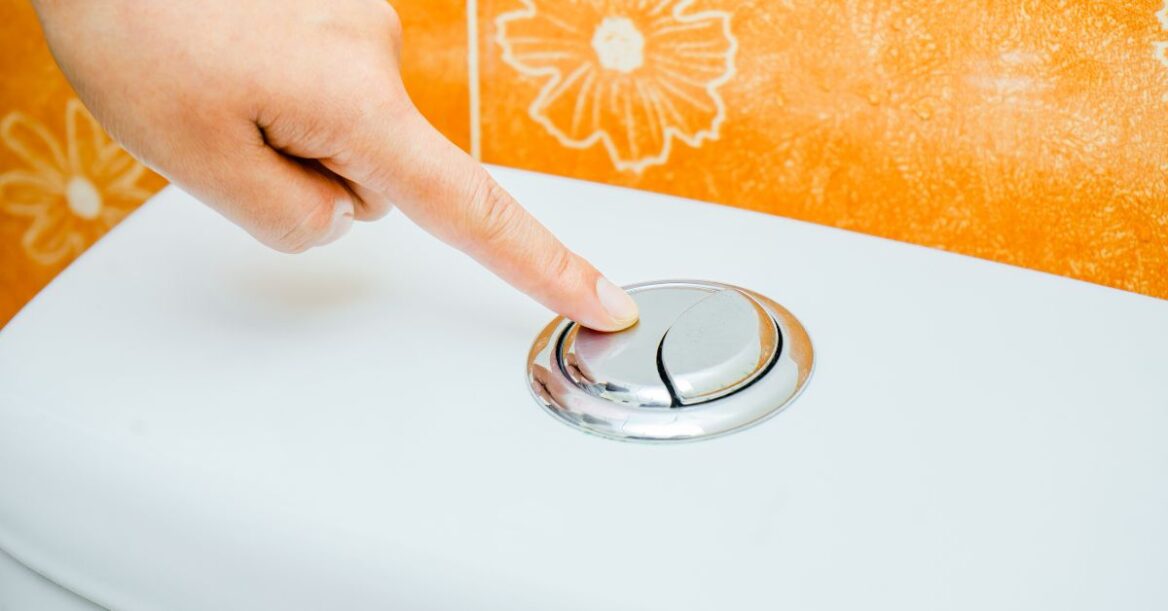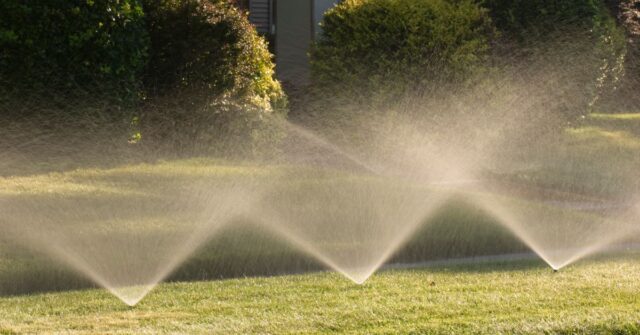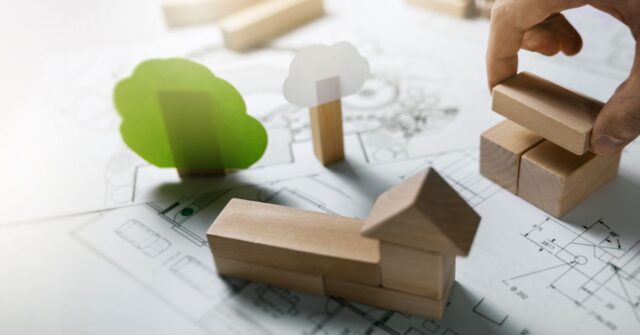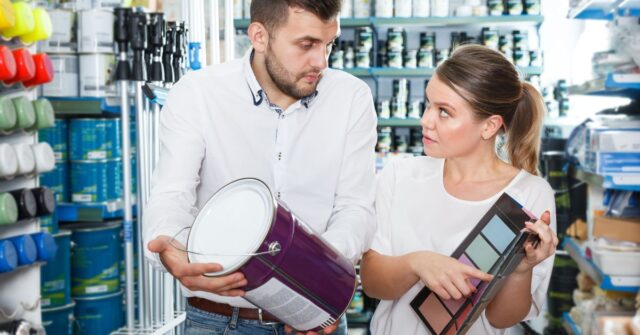As Sydney residents face increasingly strict water regulations and rising costs, understanding and implementing effective water-saving strategies becomes crucial.
This guide offers practical advice for reducing water usage in your home and garden while engaging the community in sustainable practices.
Introduction
Welcome to our comprehensive guide on water-saving strategies tailored for Sydney homeowners. Dive into the nuances of local water issues and discover actionable steps to conserve water.<
Understanding Sydney’s Water Situation
Water scarcity in Sydney, primarily driven by variable rainfall and growing demand, underscores the need for efficient water use.
Climate change continues to affect water availability, making conservation more important than ever.
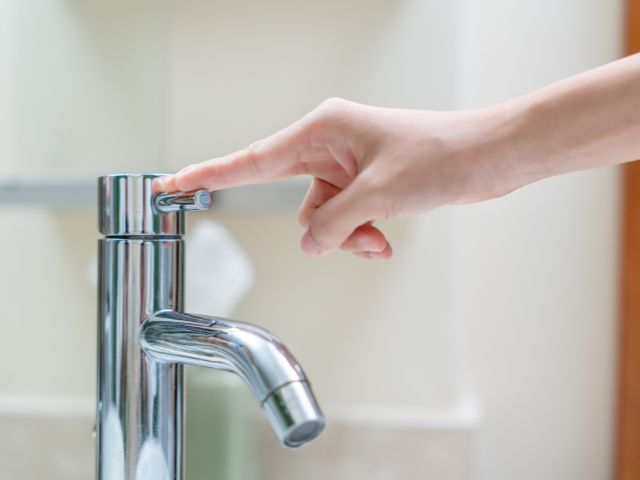
The Importance of Water Conservation
Conserving water helps reduce the strain on Sydney’s water supply, lowers utility bills, and protects the environment. Every drop saved contributes to a more sustainable future for all residents.
General Water-Saving Strategies
Reducing your water footprint is easier than you might think. Start with some general strategies that can have a big impact on your water use.
Assessing Your Home’s Water Usage
Begin by evaluating your daily water usage. Check your water meter to identify usage patterns and look for any unexpected increases, which could indicate leaks.
Simple Habits to Reduce Water Consumption
Simple changes like turning off the tap while brushing your teeth or washing dishes only when the dishwasher is full can make a significant impact.
Encourage all family members to be more water-conscious in their daily routines.
Water-Saving Devices and Technology
Adopting new technologies and devices can greatly improve your home’s water efficiency. Explore some of the most effective options available.
Installing Water-Efficient Fixtures
Invest in water-efficient showerheads, taps, and toilets. These fixtures significantly reduce water usage without sacrificing performance.
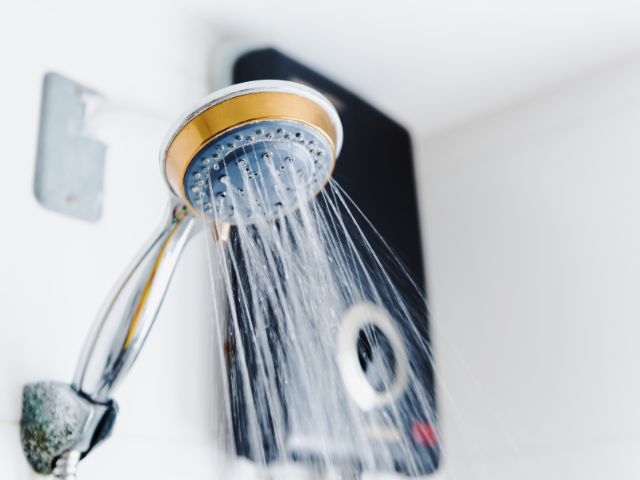
Low-Flow Showerheads
Low-flow showerheads can save up to 15 litres per minute compared to traditional models, without impacting the water pressure you enjoy during a shower.
Dual-Flush Toilets
Dual-flush toilets allow the choice between a full or half flush, making them effective in managing water usage.
Water-Efficient Washing Machines and Dishwashers
Choose appliances with high Water Efficiency Labelling and Standards (WELS) ratings. These machines use less water and energy, reducing your bills and environmental footprint.
Smart Home Water Systems
Smart water management systems can monitor water usage in real time, allowing you to detect leaks and optimize water use with automated controls.
Leak Detection Systems
These systems alert you to leaks before they cause major damage or waste significant amounts of water. Early detection can lead to quick repairs, saving water and preventing larger issues.
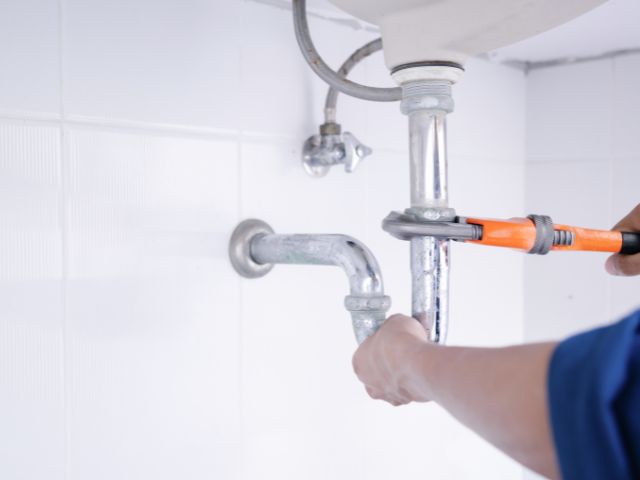
Water Management Apps and Tools
Various apps can help you track your water usage, set conservation goals, and learn more efficient water use practices.
Outdoor Water Conservation
Outdoor areas often consume a large portion of household water. Here’s how you can minimize use in your garden and lawn.
Optimizing Garden Layout for Water Efficiency
Design your garden with water conservation in mind. Group plants with similar water needs together and use mulch to reduce evaporation.
Choosing Drought-Resistant Plants
Opt for native Australian plants that thrive without much water. These plants often require less maintenance and are more resilient to local climate conditions.
Efficient Irrigation Techniques
Irrigation can be a major water spender. To cut down, consider timing irrigation for the early morning or late evening to reduce evaporation losses.
Drip Irrigation Systems
Drip irrigation delivers water directly to the plant’s roots, minimizing waste and maximizing absorption.
Timing Irrigation for Optimal Absorption
Watering at the right time of day makes a significant difference in water conservation. Early morning or late evening are ideal to minimize evaporation.
Water Harvesting and Recycling
Harvesting and recycling water not only saves money but also reduces dependency on municipal supplies. Discover how to set up these systems.
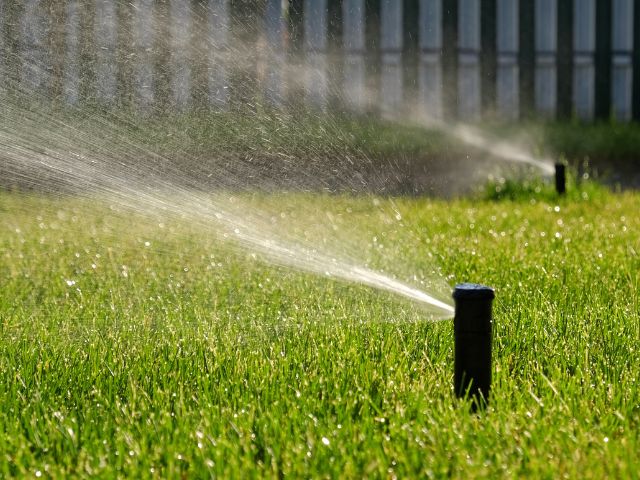
Rainwater Harvesting Systems
Installing a rainwater harvesting system can capture rainfall, which can be used for gardening, washing cars, and even in household plumbing systems with proper treatment.
Greywater Systems and Uses
Greywater systems reuse water from your showers, sinks, and washing machines. Use this for non-potable purposes like flushing toilets and watering gardens.
Engaging the Community
Water conservation is more effective when the whole community gets involved. Here are ways you can help spread the word and encourage action.
Community Programs and Initiatives
Participate in local water conservation programs to spread awareness and adopt community-wide practices that reduce overall water use.
Education and Awareness Campaigns
Educational campaigns can help inform the public about the benefits of water conservation and methods to achieve it, building a culture of sustainability.
Legal and Governmental Incentives
Understanding the legal landscape and available incentives can enhance your water-saving efforts. Here’s a breakdown of what Sydney offers.
Understanding Sydney Water Restrictions
Stay informed about current water restrictions to ensure compliance and avoid penalties. Knowing these can also guide you in implementing the right water-saving measures at home.
Government Rebates and Subsidies for Water Conservation
Take advantage of government rebates and subsidies for installing water-efficient appliances and systems in your home. These can reduce the cost of initial investments while saving water.
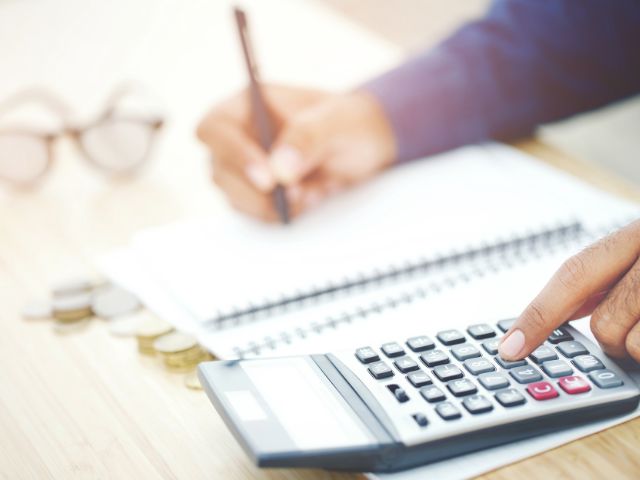
Conclusion
Let’s recap the key strategies and encourage every Sydney resident to start making a difference today. With these tips, you can play a pivotal role in safeguarding our water resources.
Summary of Key Points
This guide has covered various strategies Sydney residents can adopt to reduce water usage, from simple habits to installing advanced technology.
Call to Action for Sydney Residents
Every individual’s effort counts. Start implementing these water-saving tips today, and join a community committed to sustainability.
Remember, every drop saved contributes to a greener, more sustainable Sydney.

